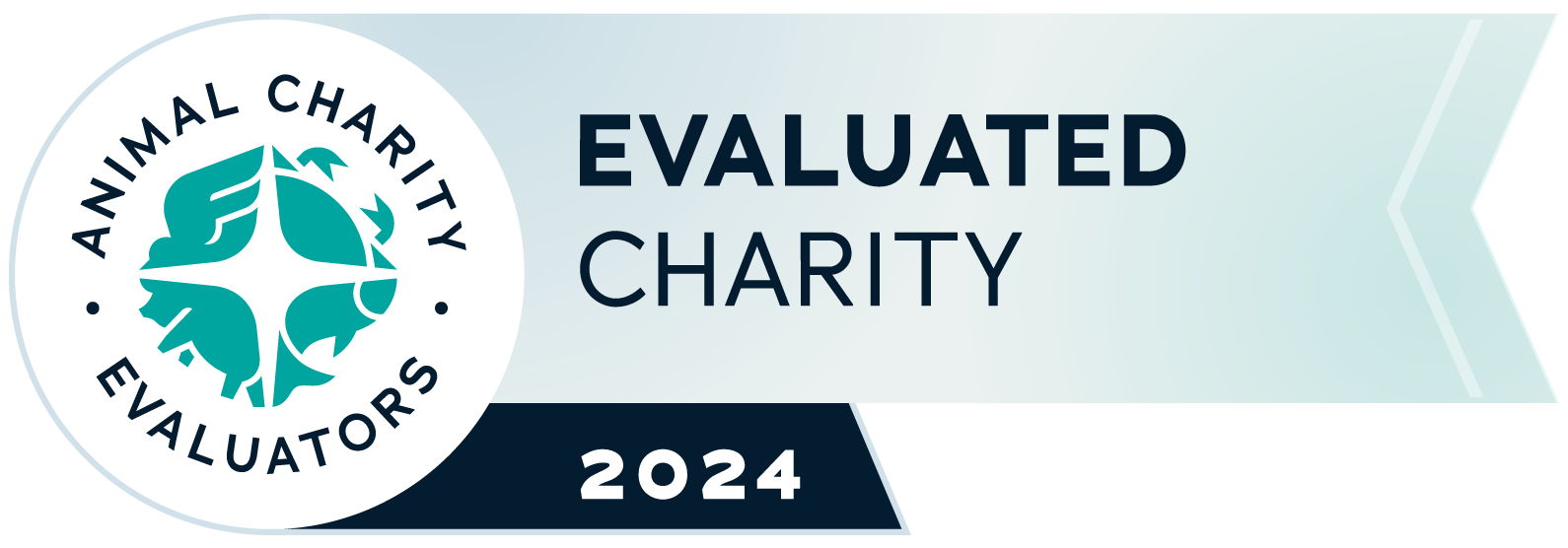
Fish Welfare Initiative
Evaluated Charity
Fish Welfare Initiative (FWI) is dedicated to developing and implementing welfare interventions for farmed fishes in high-priority countries. Their work has the potential to make a significant impact, as both the region and species they focus on are often overlooked, despite there being around 6.4 billion Indian major carp (FWI’s priority species) in India, many of whom are farmed in cruel and unnatural conditions. Their farmer outreach program seems moderately impactful and likely to provide high-value information, given that it uses a relatively unexplored approach to helping farmed fishes in large numbers. FWI’s research and development (R&D) is focused on establishing an evidence-based, cost-effective program, and we anticipate that their impact will increase once the program is implemented. Overall, due to the limited track record of their R&D efforts and uncertainty about the future of their work in China, we are less confident that FWI is currently as strong a giving opportunity as the charities we recommended this year.
Our opinion is not that FWI’s work is less effective now than when ACE first decided to recommend them in 2022. In fact, we think their work has become more promising since then, but our bar for recommendation has changed as our evaluation methods have evolved.
| Review Published: | 2024 |

Fish Welfare Initiative works to improve the welfare of farmed fishes as much as possible
What does Fish Welfare Initiative do?
Fish Welfare Initiative (FWI) is one of the few organizations working exclusively on improving the welfare of farmed fishes. The majority of their work takes place in India, but they have also completed projects in China and the Philippines. They run the Alliance for Responsible Aquaculture (ARA), which implements water quality and stocking density welfare improvements via regular farm visits. They also invest heavily in field research to develop more promising interventions to run in the future.
2023 revenue: $687,881
Staff size: 25 (22 full-time, 3 part-time)
Year founded: 2019
How is FWI’s organizational health?
Our assessment indicates that FWI has positive staff engagement (average staff engagement survey score = 4.5/5) and is operating in ways that support their effectiveness and stability. Their local strategy is developed collaboratively with their local managing director, who has deep knowledge of the region. Additionally, there are good processes in place to evaluate leadership performance and formal internal policies. FWI is prepared to adjust their programs if a particular approach does not seem promising based on their own data collection and literature reviews, and are also very transparent about the potential risks and limitations of their work. Staff positively noted that they enjoy a strong work culture and working conditions, feel valued, and find their work impactful. They also appreciate leadership’s approachability and commitment to transparency. We were impressed by FWI’s transparency and efforts to collect relevant program data to inform future work and strategy.
How does FWI create change for animals?
Millions of carps are farmed in cruel and unnatural conditions in India each year. Farming of carps and other fish species will likely grow quickly in coming years. To help reduce the significant suffering that fishes, especially carps, endure in the farming system, FWI works with farmers to introduce them to higher welfare practices, like improving water quality and keeping fishes in less crowded farm ponds. They also conduct research and development work to help identify potential new interventions to help improve fish welfare at scale. FWI diligently estimates the number of animals helped and the degree of welfare improvement, allowing us to calculate that FWI enhanced fish welfare—through improved water quality and stocking density—for an estimated 182 days per dollar spent. We cautiously anticipate that they could multiply this impact significantly by implementing a new program based on their satellite imagery or other interventions through their R&D. However, there are sufficient uncertainties about the scalability of their Alliance for Responsible Aquaculture, the likelihood of success of their R&D programs, and the trajectory of their work in China, that we ultimately did not choose to recommend them this year.
See more details on FWI’s theory of change and cost-effectiveness spreadsheet.
See our How We Evaluate Charities web page for information about our charity selection, evaluation methods, and decision-making process.
FWI’s Recent Achievements
- FWI helped an estimated 626,000 fish to date in 2024 via their farm program, the Alliance for Responsible Aquaculture.
- They have launched several studies for developing more cost-effective, scalable, and evidence-based approaches in the future, such as a satellite study, feed fortification study, and a dissolved oxygen tolerance study.

